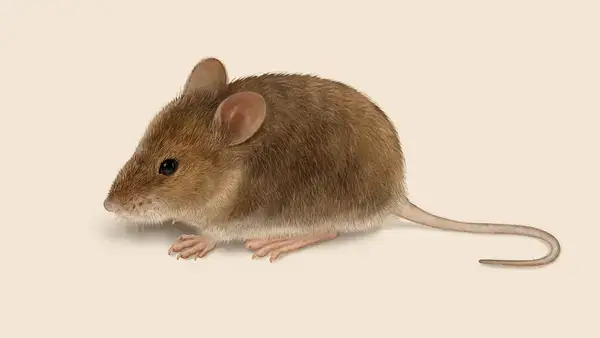Frequently Asked Questions
How did I get house mice?
House mice can use even dime-sized cracks to gain entry into homes. They seek shelter indoors to escape inclement weather or predators like snakes and coyotes and to locate food sources. Cluttered attics and basements provide excellent hiding places for the pests to build nests and reproduce, while dirty dishes and unsealed pantry goods offer food sources. Wall voids and voids under cabinets are also likely places for mice to live.
How serious are house mice?
Because house mice thrive under a wide range of conditions, are secretive and very cautious, they are hard to control. The pests are rarely apt to bite someone, but their presence can be harmful to human health.
Their droppings and urine contaminate food and if the population is not controlled house mice can cause contamination problems in places where they nest. Diseases that can be transmitted by house mice include lymphocytic choriomeningitis and food poisoning.
What are the signs of a house mouse infestation?

-c7285d4e-0485-4ab5-ab8e-c1b84992db69.png)
-238b3860-d9a7-4b1e-b3fb-6372b2c25e97.png)
-01a3d8a2-2826-4df6-a61d-ff8234ecf3a6.png)

-bb172f9e-3a97-48f4-acc9-675ea104801c.png)




